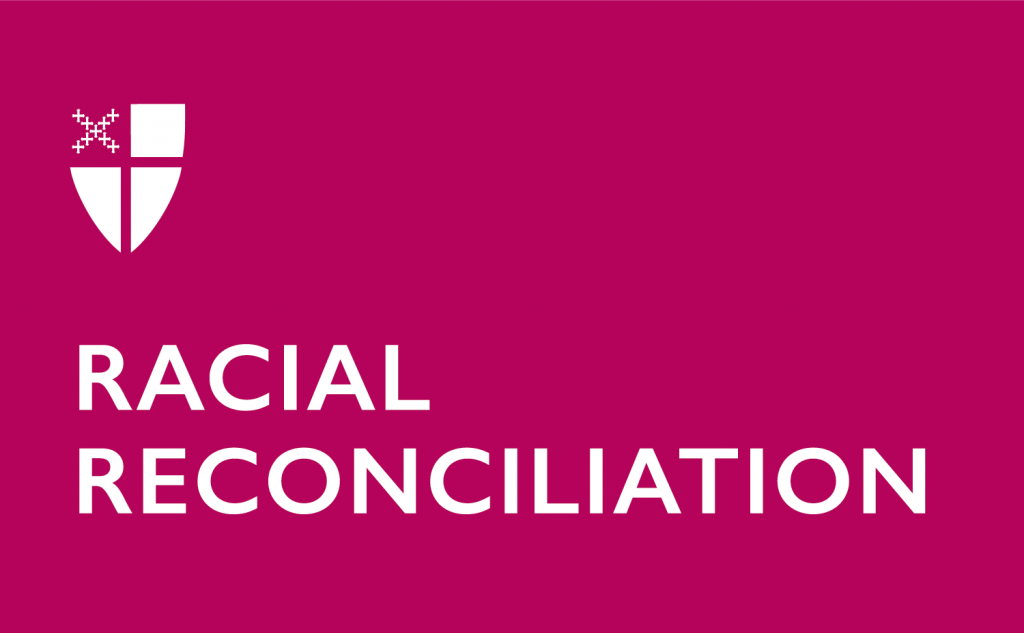Building Community During An Election—Is It Possible?
By Alan Yarborough
Defining what we want is challenging enough at times. “Beloved community…”—to what extent can we really imagine that? Figuring out how to realize it is another challenge altogether. “Becoming…”—but how?

We emphasize in our civil discourse training that there is an underlying assumption in promoting dialogue as a tool for becoming beloved community: that we want to be in relationship. With divisions in our communities, especially those stemming from politics as they are in our national discourse, this assumption is being fundamentally challenged.
Yet we are a faithful people of relationship, of love, of healing. Exactly what is required of each of us to do that work may vary for a variety of reasons, but building community is a fundamental part of practicing our faith. Approaching this election season as a communal responsibility and connecting this act to longer-term cycles of civic engagement can help us to restore this sense of relationship that can serve as a foundation for success in the future.
Please, take the time needed to vote in the election this fall. While not the full answer, voting is a direct response to the question of how we become a beloved community.
We cast our votes as individuals, but we act as communities coming together to determine who will represent us in our government. Here are some actions we can take to help foster community through the act of voting and beyond:
Equip not just yourself for voting, but work to leverage church resources to help your community vote, using ideas and resources from the Vote Faithfully election engagement campaign. Do not underestimate the need and usefulness of sharing accurate information about election participation, however simple that information may seem. (Pay attention to the introduction in this resource to orient yourself before action, and please note that all voter engagement with the church is nonpartisan.)
Violence is a threat to our progress in becoming beloved community. There are steps we can take to equip ourselves and our churches to mitigate and respond to politically motivated violence. Learn more from experts in this field.
Our individual and communal capacity for civil discourse is a critical tool among many peaceful tools of civic engagement that we must foster proactively. Healthy dialogue can help us to unlock the power of our diversity and place us in a better position to build relationships and solve problems. Consider taking our civil discourse curriculum as an individual or a group.
Be in touch with us with ideas or questions at eppn@episcopalchurch.org or reach out to share how you are helping your community to Vote Faithfully.
–
Alan Yarborough is the church relations officer for the Office of Government Relations, where he is primarily responsible for the maintenance and growth of the Episcopal Public Policy Network and the resources aimed at educating, equipping, and engaging the church in policy advocacy.

